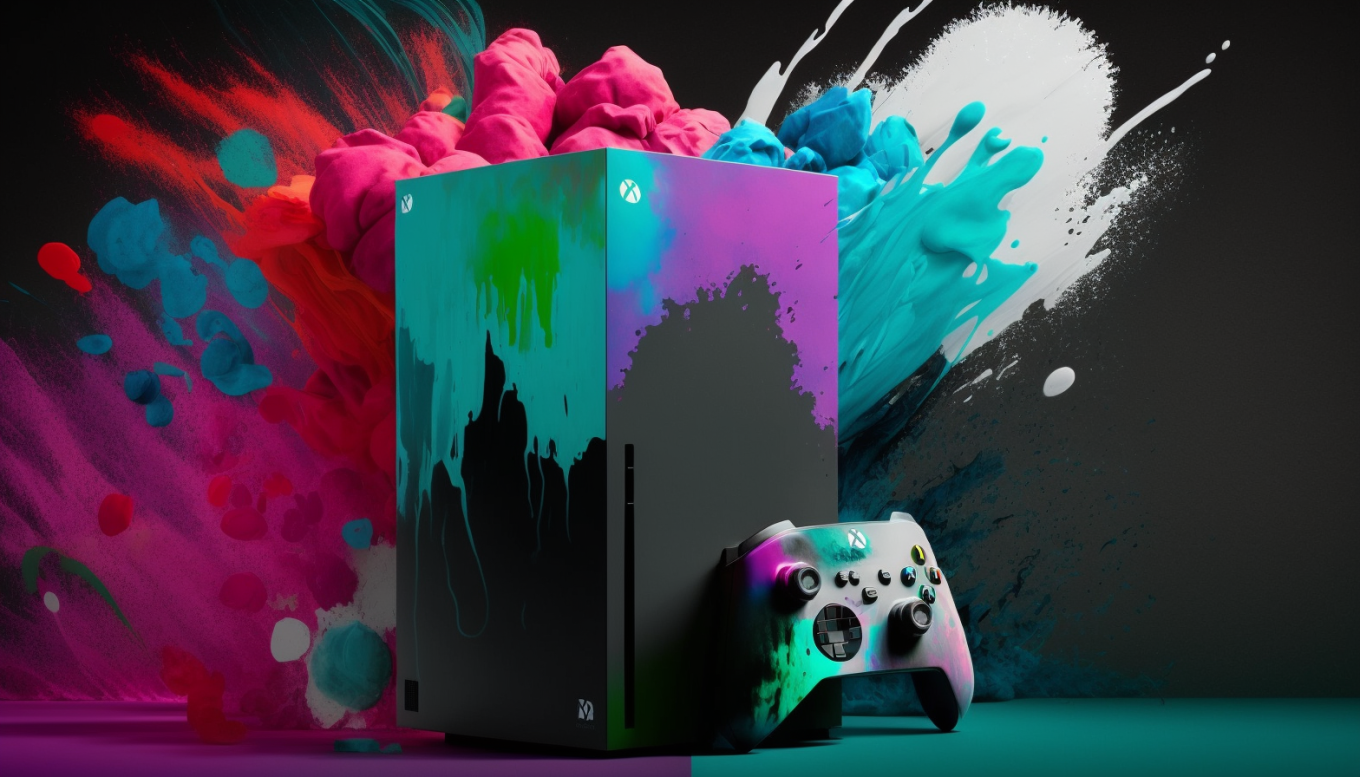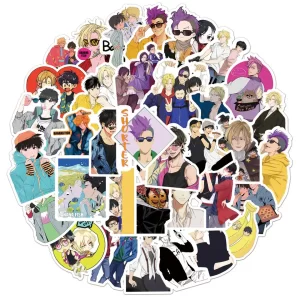In recent years, Microsoft has had a tough time securing big third-party exclusives for its Xbox consoles. Despite the company’s efforts to attract developers and publishers with various incentives, such as the launch of games on its popular subscription service, Xbox Game Pass, Microsoft has struggled to secure high-profile exclusive games like Final Fantasy XVI and Metal Gear Solid/Silent Hill. In this article, we’ll explore why Microsoft’s “Xbox Situation” is impacting its ability to secure big third-party exclusives and what the company can do to improve its chances.
Xbox Game Pass Strategy
Microsoft’s Xbox Game Pass is a subscription service that offers access to hundreds of games for a monthly fee. While it has successfully attracted gamers but also impacted the company’s ability to secure exclusive games. Microsoft’s focus on growing Game Pass subscriptions means it is less concerned with selling hardware, which has led to a lack of urgency in securing big third-party exclusives.

Difficulty in Crafting Third Party Deals
Microsoft has attempted to secure big third-party exclusives in the past with mixed results. One example is the reported $100 million deal for Square Enix’s Rise of the Tomb Raider, which was launched exclusively on Xbox for a limited time. However, the effectiveness of these deals has been debated, and Microsoft has struggled to secure exclusive launches for big games like Final Fantasy XVI.
Two Options for Securing High Profile Third Party Exclusives
There are two main ways for Microsoft to secure high-profile third-party exclusives: pay an exorbitant amount of money for a Game Pass launch, or do a normal exclusive launch not on Game Pass. The first option involves paying more money than an average exclusivity deal, which can be difficult to justify for a game that will sell a fraction of what it would as a standard launch. The second option is cheaper but requires convincing a publisher to launch their AAA mega game only on Xbox, which is at a large sales deficit compared to PlayStation.
Challenges in Securing Exclusive Launches
Microsoft’s biggest challenge in securing exclusive launches is convincing publishers to release their games exclusively on Xbox. In the past, Sony has secured cozy relationships with places like FromSoftware and Square Enix despite not owning them. However, Microsoft has struggled to secure similar relationships, and publishers are often skeptical of putting their games on subscription services due to the sales they could lose.
Microsoft’s First Party Lineup
Microsoft’s first-party lineup has also been a concern for the company. While it has made tandem deals for services like EA Play and Ubisoft Plus, it has struggled to secure big third-party exclusives like Final Fantasy and Metal Gear Solid/Silent Hill. Microsoft needs to build stronger relationships with big third-party developers to secure these deals, but it has already bought most companies it is closely allied with.
Conclusion
In conclusion, Microsoft’s “Xbox Situation” is hurting its ability to secure big third-party exclusives. While the company has successfully grown its Xbox Game Pass subscription service, it has also impacted its ability to secure high-profile exclusives. Microsoft’s difficulty in crafting third-party deals and convincing publishers to launch their games exclusively on Xbox has led to a lack of big exclusive games for its consoles.
To address this issue, Microsoft needs to rethink its Xbox strategy and build stronger relationships with big third-party developers. While Microsoft has made some progress in securing exclusive deals, it needs to do more to convince publishers to release their games exclusively on Xbox. Otherwise, the company risks losing out on more and more big third-party exclusives to Sony and other competitors.













